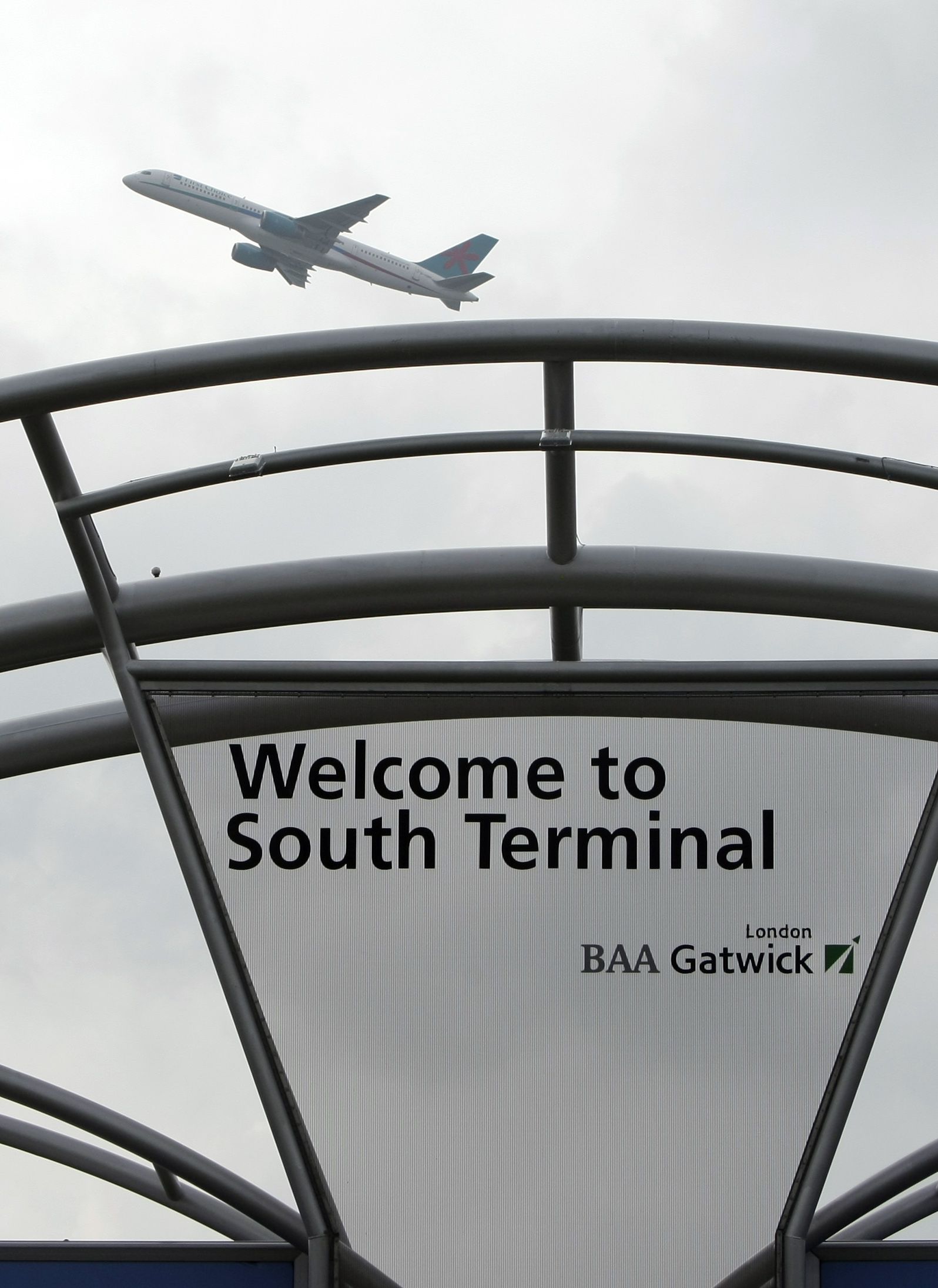
Only last week UK Oil and Gas Investments (UKOG) announced that it had discovered an oilfield in the Weald Basin near London’s Gatwick Airport holding as much as 100 billion barrels of oil. Shares in UKOG immediately soared.
A week later, Stephen Sanderson, UKOG’s CEO, says he’s not certain how much oil is in the field. The value of his company’s stocks immediately plunged by 18 percent, but managed to rally and level off to record a modest loss.
But Sanderson appeared certain on April 9 when he announced the discovery, declaring. “Based on what we’ve found here, we’re looking at between 50 and 100 billion barrels of oil in place in the ground. We believe we can recover between 5 percent and 15 percent of the oil in the ground.”
Read more: Top 12 Media Myths On Oil Prices
The upshot was that UKOG drilling in the Weald Basin could produce between 10 percent and 30 percent of Britain’s demand.
That was encouraging news to investors and Britons eager for their nation to become energy independent, but it also generated some skepticism. After all, 100 billion barrels of oil was about the same as the proven oil reserves of Kuwait, and would be more than twice as much oil as Britain has produced from the North Sea in the past 40 years.
The Weald Basin discovery seemed at first to be a savior for Britain’s oil industry as the nation’s North Sea operations are becoming less productive and more expensive. Costs for drilling there have risen by 8 percent while the global drop in oil prices has dramatically cut energy companies’ revenues to lows not seen in 17 years.
Read more: Is Private Equity Distorting E&P Asset Prices?
But now the Weald Basin appears not to be such a savior. UKOG’s statement of clarification said the figure of 100 billion barrels of oil is merely an estimate of the entire area and not the plots where the company has licenses to drill, called Horse Hill. These plots take up about 5 percent of the entire Weald Basin.
“The company has not undertaken work outside of its license areas sufficient to comment on the possible oil in place in either the approximate 1,100 square miles or the whole of the Weald Basin,” the company’s clarification said.
Read more: What The Iran Nuclear Deal Could Mean For Asia
This statement supported critical comments by Matthew Jurecky, director of oil and gas research at the consulting firm GlobalData. “Estimates for 100 billion barrels of oil are very misleading,” he said shortly after UKOG’s initial announcement. “Rarely are formations that homologous [similar in structure] where a single discovery can be extrapolated over a very wide area.”
The discovery, however big or small it may be, also has piqued the ire of British environmentalists. In its initial announcement, UKOG said the oil is held in shale, but that the underground rock is naturally fractured, meaning there would be no need for controversial hydraulic fracturing, or fracking, but only conventional methods to release the oil.
“UKOG has backtracked on the wild claims it made last week and admitted that it has no idea how much oil is under the Sussex Weald,” said Brenda Pollack, Friends of the Earth’s South East campaigner. “This is yet another example of the potential for shale oil and gas being overhyped by an industry desperate to starting pumping profits with little concern for residents or the climate.”
This article originally appeared on Oilprice.com.
More from Oilprice.com:
More Must-Reads From TIME
- The 100 Most Influential People of 2024
- The Revolution of Yulia Navalnaya
- 6 Compliments That Land Every Time
- What's the Deal With the Bitcoin Halving?
- If You're Dating Right Now , You're Brave: Column
- The AI That Could Heal a Divided Internet
- Fallout Is a Brilliant Model for the Future of Video Game Adaptations
- Want Weekly Recs on What to Watch, Read, and More? Sign Up for Worth Your Time
Contact us at letters@time.com